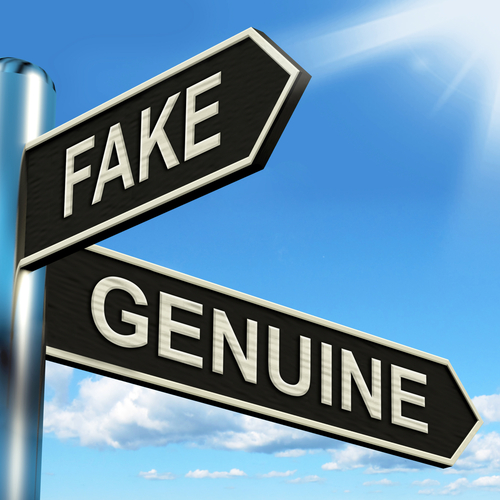NEW YORK – A Miami pastor knowingly peddled phoney examples of some of British art star Damien Hirst’s signature themes, prosecutors said in summing up his trial Monday, but the defence claims he was just an art-market novice who couldn’t read red flags about the pieces’ authenticity.
Jury deliberations were due to resume Tuesday in Kevin Sutherland’s attempted grand larceny trial. The case is one in a series of prosecutions surrounding counterfeit works by Hirst, a winner of his country’s best-known art award, the Turner Prize.
Sutherland, 46, leads the nondenominational, 200-members Mosaic Miami Church. According to his lawyer, he began dealing in cowboy-related art in 2010 and soon began buying Hirsts, or what appeared to be Hirsts.
Part of a group dubbed the Young British Artists in the 1990s, Hirst is known partly for dotted, pharmaceutical-themed “spot” paintings and circular, sometimes kaleidoscopic “spin” paintings.
Sutherland tried last year to sell two counterfeit spin paintings and three bogus spot prints for $185,000 to a seeming buyer – actually an undercover officer – though Sotheby’s auction house had told the pastor the authenticity of one of the paintings was in question, the Manhattan district attorney’s office says. When the undercover officer asked about potential problems with the artworks, Sutherland said he wasn’t aware of any issues, authorities said.
“He had choices he could have made that would have brought him to a very, very different place,” Assistant District Attorney Rachel Hochhauser said in a closing argument Monday.
But Sutherland said Sotheby’s never clearly told him the artworks were fake. He said he didn’t ask Hirst’s studio for clarification, as Sotheby’s suggested, because the authentication process was pricey and because he believed he had an authenticity guarantee from the man who’d sold him the works – an admitted art scammer who testified against him.
“Kevin Sutherland believed the art to be real,” his lawyer, Sanford “Sam” Talkin, said in his summation.
The case against Sutherland grew from a Manhattan District Attorney’s office investigation that also ensnared three other men. The California gallery owner accused of selling Sutherland the fakes, Vincent Lopreto – who had already served prison time in another phoney-Hirst case – and business partner Ronald Bell pleaded guilty to charges including identity theft. They’re awaiting sentencing.
Richard Silver, a part-time art dealer who said he unwittingly bought phoney Hirst prints from Lopreto but then doctored appraisals to resell them, pleaded guilty to misdemeanour forgery charges, in exchange for a 60-day jail sentence.
